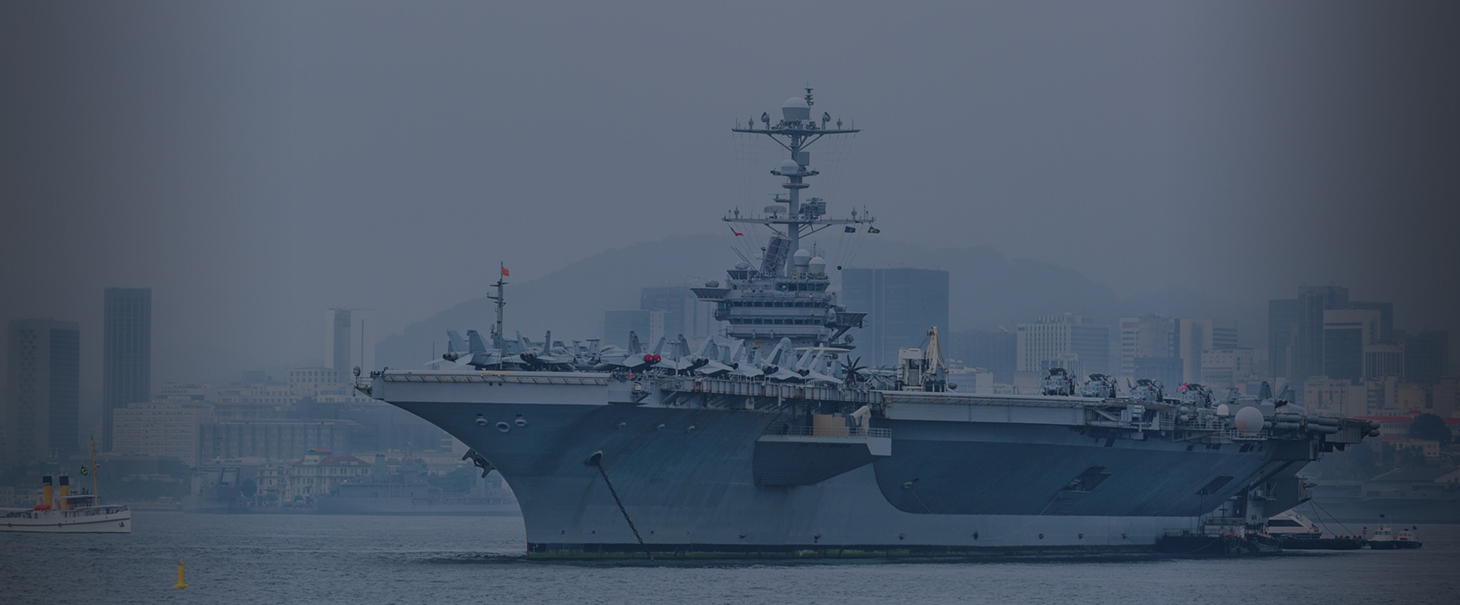On the morning of February 12, Bassil Alejandro Da Costa left a message for his mother informing her he would be participating in a nationwide student protest for liberty in Caracas, Venezuela. By the end of the day, 24-year old Bassil was lying in the morgue dead from a fatal gunshot fired by Venezuelan security forces.
Bassil’s shooting went viral, as did two other fatal shootings that day: that of Roberto Redman and Juan Montoya, a pro-government supporter.
The protests — among the largest seen in the months following Nicolas Maduro’s wafer-thin electoral victory in April 2013 — have spread across the entire country and the government’s response has been unmeasured and brutal. Armed motorcycle patrols, like the ones believed responsible for Dacosta’s death, wade into crowds, weapons at the ready.
Nicolas Maduro’s socialist government, as earlier reported in these pages, is steadily losing whatever legitimacy it might have had among the Venezuelan people.
Wreaking the economy through a series of misguided policies, and polarising the population into two hostile camps through an escalating use of vitriolic rhetoric, Maduro is running out of tactics and time. A regime clearly in a panic to stay in power at all costs has unleashed a wave of blind, indiscriminate and senseless violence. Venezuelan students, who have been consistent opponents of the government’s repression, have been among its prime targets.
Maduro and his henchmen are, of course, painting the struggle as one between the governing left and the right-wing opposition, despite there being many in the opposition who are part of the democratic left. In an effort to rally his supporters, Maduro has called for a demonstration “for peace and against fascism.”
Unfortunately, the government represents the only fascist force in the country, with its control over the major means of communication, the petroleum industry and vast swaths of the economy, and its political command over the repressive state apparatus.
The opposition has no armed forces and has been steadily stripped of any political recourse in the legislature, the courts, and at the state and municipal government level.
Following the killings on Wednesday, the government has issued an arrest order for opposition leader Leopold López of the Popular Will (Voluntad Popular) party, presumably blaming him for supporting the demonstrations.
Since the demonstrations erupted, some 200 people have been detained in Caracas alone, and hundreds more have been summarily imprisoned around the country. According to Foro Penal Venezolano, a human rights group assisting detainees, electric shock is being routinely used against some prisoners.
President Maduro has also taken to blocking internet and satellite reception of hostile images and news reports from getting into or out of Venezuela. The government is intent in controlling the narrative and the imagery to its favour.
Outside Venezuela, protest has been limited, and so far the Organization of American States (OAS), the United Nations and the European Union have raised little more than a vague curiosity in the government-sponsored repression against what, in any other country, might be considered legitimate public expression. No government condemnations have been issued against the Maduro regime’s measures or its battle-laden imagery which threatens further violent responses on the part of the authorities.
The blackout by the news media and the fecklessness of world bodies to condemn what is in effect an exercise in wife beating in the public square underscores a lack of international leadership and an unwillingness to stand for democratic principle by so many so-called leaders.
Clearly, the repression and continued threats demonstrate a weak, and perhaps internally divided, government with few options. For years now, the Chavista policies have been unravelling, and with most of the toothpaste out of the tube, the regime has little choice but to bludgeon the opposition into submission.
We’ve argued before that a struggle for power within the ruling circles may turn bloody. Military and civilian factions of the Chavista regime may well battle it out for control of a country with a decimated civil society and an exhausted economy.
Events in the last few days have suggested, however, there may first be a full-scale civil war between a well-armed repressive apparatus and an unarmed civilian opposition largely putting up more and more people like Bassil Alejandro Da Costa.
Read the original article on Breitbart.com.


 Fernando Menéndez
Fernando Menéndez